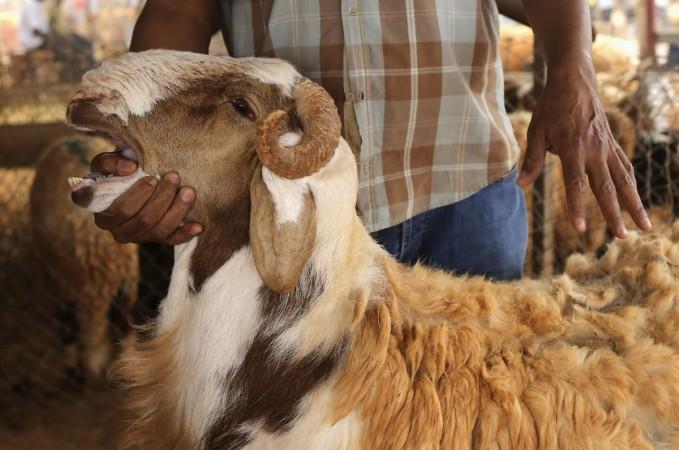
Muslims across the world will celebrate Eid al-Adha, the second most important festival, on Monday Sept. 12, Saudi Arabia's High Judiciary Council announced on Thursday. The date was announced after authorities failed to sight Zul Hijjah crescent on Sept. 1, i.e. Thursday.
Eid al-Adha is celebrated on the 10th day of the Islamic month Dhu al-Hijjah, which is the last month of the Islamic calendar. The first day of the Islamic month Dhu al-Hijjah falls on Saturday (Sept. 3).
When will Haj (Hajj 2016) begin?
Earlier, the International Astronomical Center (IAC) announced that Indonesia, Malaysia, Brunei, Turkey and Japan will mark Sept. 12 as the first day of Eid al-Adha, according to news agency Barq.
The Hiqh Council of North America and the European Council of Fatwa and Research said that they will follow the announcement made by the authorities in Mecca. In Oman, the first day of Eid al-Adha will be marked on Sept. 12, the ministry of Awqaf and Religious Affairs announced.
In Bangladesh and Pakistan, Eid al-Adha or the Feast of Sacrifice will be celebrated on Sept. 13, as the moon was not sighted. In India, Eid al-Adha will reportedly be celebrated on Sept. 13. But reports suggest that in South India it will be celebrated on Sept. 12, as the moon was sighted on Friday.
Eid al-Adha, also known as Bakr Eid or the festival of sacrifice, is observed to commemorate the willingness of Ibrahim to sacrifice his son as an act of obedience and submission to Allah (God). The festival of sacrifice is celebrated for four days, but the holidays depend on the countries.
Muslims celebrate this festival by slaughtering (sacrificing) an animal – usually a sheep, cow or goat – to mark the similar offering to Allah. After sacrificing the animal, they cook and distribute the meat to family, friends and those in need.

















